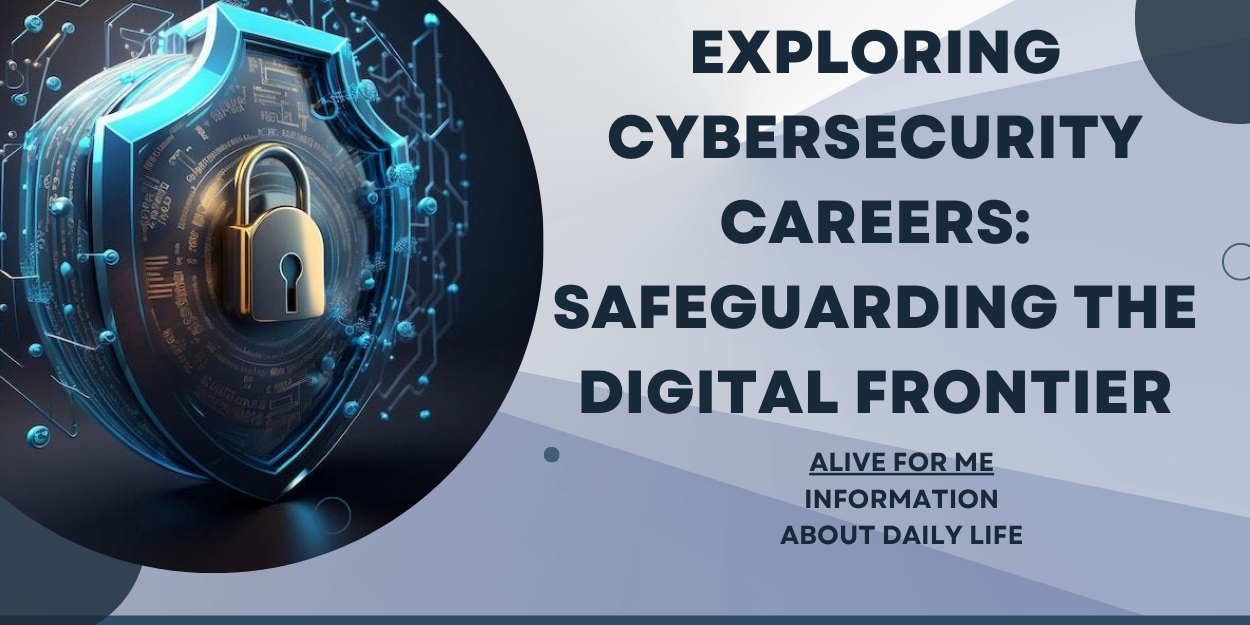The Growing Importance of Cybersecurity
The proliferation of digital technologies and the rapid expansion of the internet have brought countless benefits, but they have also exposed vulnerabilities and risks. Cybercriminals are constantly devising new techniques to exploit weaknesses in networks, systems, and applications, making cybersecurity an essential component of any organization’s strategy. As a result, there is an increasing need for cybersecurity professionals who can identify and mitigate threats, ensuring the confidentiality, integrity, and availability of critical data.
Key Roles in Cybersecurity
The field of cybersecurity offers a wide range of roles, each with its unique responsibilities and skill requirements. Some of the key roles include:
a) Security Analyst: These professionals monitor and analyze security systems, identifying potential vulnerabilities and threats. They also develop strategies to enhance network and system security.
b) Ethical Hacker/Penetration Tester: Ethical hackers work to identify weaknesses in an organization’s security infrastructure. By simulating real-world attacks, they help organizations strengthen their defenses and protect against malicious hackers.
c) Incident Responder: These professionals are the first line of defense in the event of a cybersecurity incident. They investigate and respond to security breaches, mitigate the impact, and implement measures to prevent future incidents.
d) Security Architect: Security architects design and build secure systems, networks, and applications. They develop security frameworks, establish protocols, and ensure compliance with industry standards and regulations.
Skills and Qualifications
A career in cybersecurity requires a unique skill set, encompassing technical knowledge, analytical thinking, and a strong understanding of the threat landscape. Some essential skills for aspiring cybersecurity professionals include:
a) Technical Proficiency: Strong knowledge of networking, operating systems, and programming languages is crucial. Familiarity with tools like firewalls, intrusion detection systems, and vulnerability assessment tools is also beneficial.
b) Critical Thinking: Cybersecurity professionals must be able to analyze complex problems, think critically, and identify innovative solutions. This includes the ability to anticipate potential threats and stay one step ahead of cybercriminals.
c) Communication Skills: Effective communication is essential for cybersecurity professionals to convey technical concepts to non-technical stakeholders. It also plays a vital role in incident response, collaboration, and building strong security cultures within organizations.
d) Continuous Learning: The field of cybersecurity is ever-evolving, and professionals must stay updated on the latest trends, threats, and mitigation techniques. A commitment to continuous learning and professional development is crucial to succeed in this dynamic field.
Career Opportunities and Growth
The demand for cybersecurity professionals is soaring, with organizations of all sizes and sectors seeking qualified individuals to protect their digital assets. The career opportunities in cybersecurity are diverse, spanning industries such as finance, healthcare, government, and technology. Furthermore, the field offers ample room for growth and specialization. With experience and advanced certifications, cybersecurity professionals can explore roles such as cybersecurity consultant, security manager, or even Chief Information Security Officer (CISO), leading an organization’s entire cybersecurity strategy.
As the digital landscape continues to expand, the importance of cybersecurity careers cannot be overstated. The threat of cyberattacks and data breaches looms large, and organizations are investing heavily in safeguarding their digital assets. For those with a passion for technology, problem-solving, and protecting others, a career in cybersecurity offers an exciting and fulfilling path. By acquiring the necessary skills and qualifications, professionals can contribute to the vital mission of fortifying the digital frontier and ensuring a safer digital future for individuals and organizations alike.

